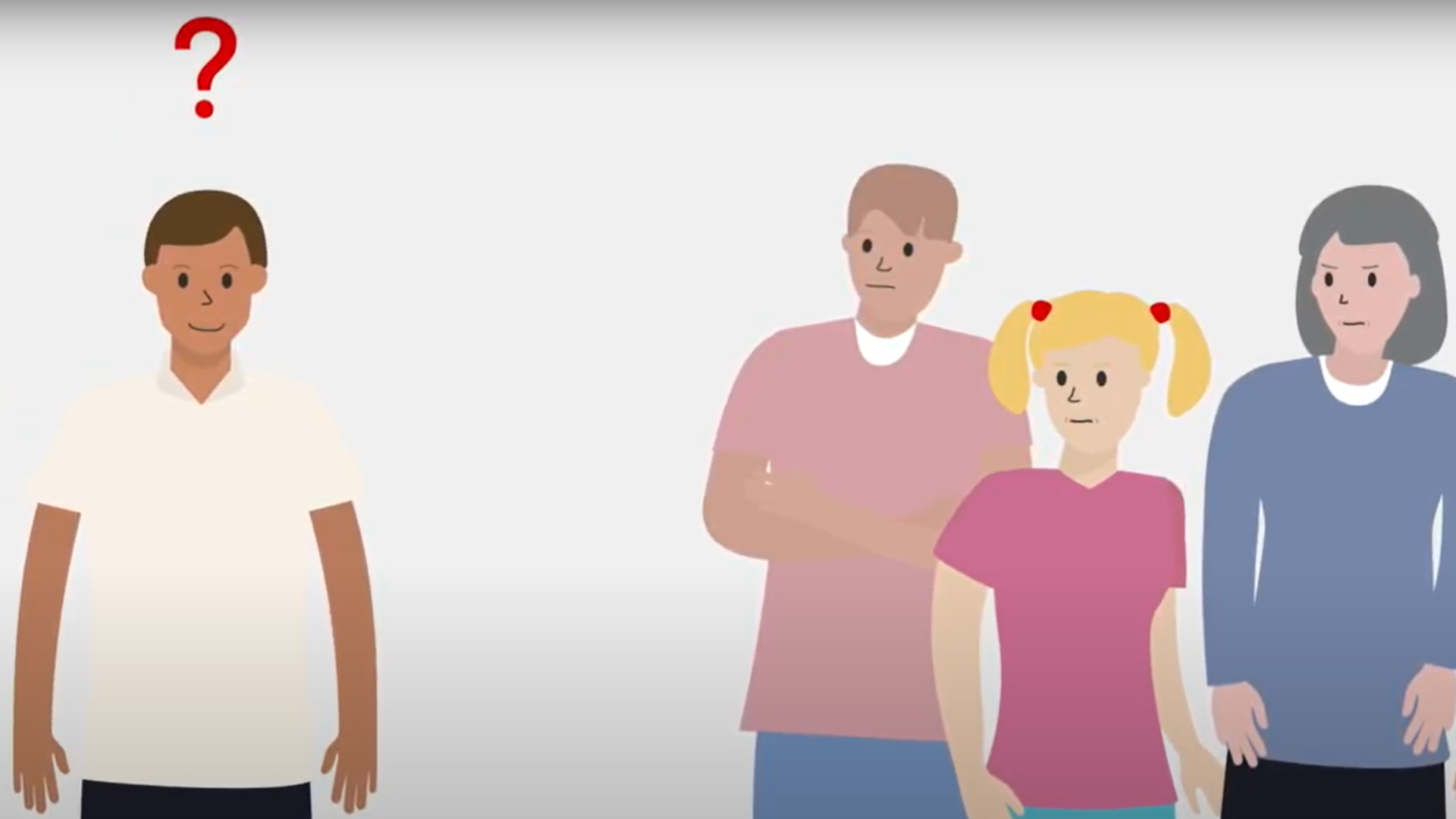What type of nomination can I make?
The type of nomination you can make depends on what kind of account you have.
Who can I nominate?
Legally, your super can only be left to your dependants, or your estate via your personal legal representative.
There are four valid types of dependants:
Legal personal representative
If you wish to leave your super to a non-dependant, such as a parent, sibling, friend, or organisation, you can put it in your will and then nominate your legal personal representative (the legal executor of your will, or the person responsible for your estate).
Make a binding nomination
You can begin your binding nomination online using this step by step form. At the end you'll have the option to print your form or have it mailed to you with a return envelope. Because binding nominations are legally binding, you and two witnesses will need to sign the form before you return it to us.
The importance of keeping your nominations up to date
Case Study: Effie's sons were left out in the cold
Effie’s story is a case study based on claims Qantas Super has assessed.
Frequently Asked Questions
Download binding nomination forms
You can start to make a binding nomination by filling out the form above, or by downloading the relevant blank form:
Make a non-binding nomination
You can make a non-binding nomination by logging into your account.
We're here to help
There may also be estate planning implications to consider when nominating your beneficiaries. If you have any questions about making a nomination, you can get face-to-face advice from a Super Adviser at no additional cost.









